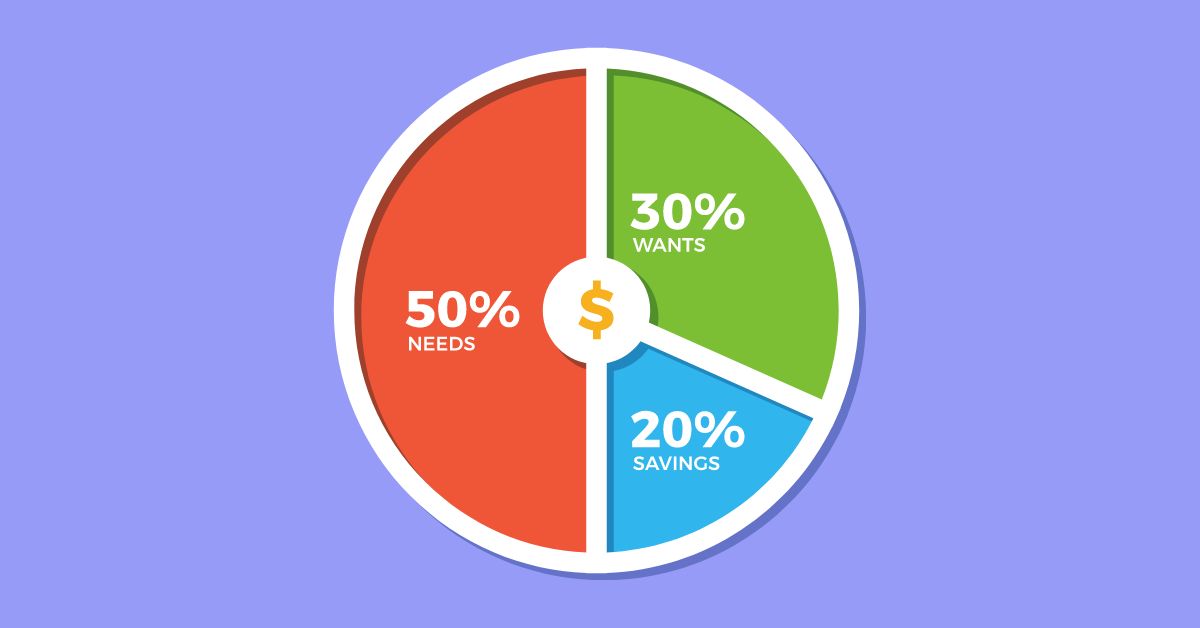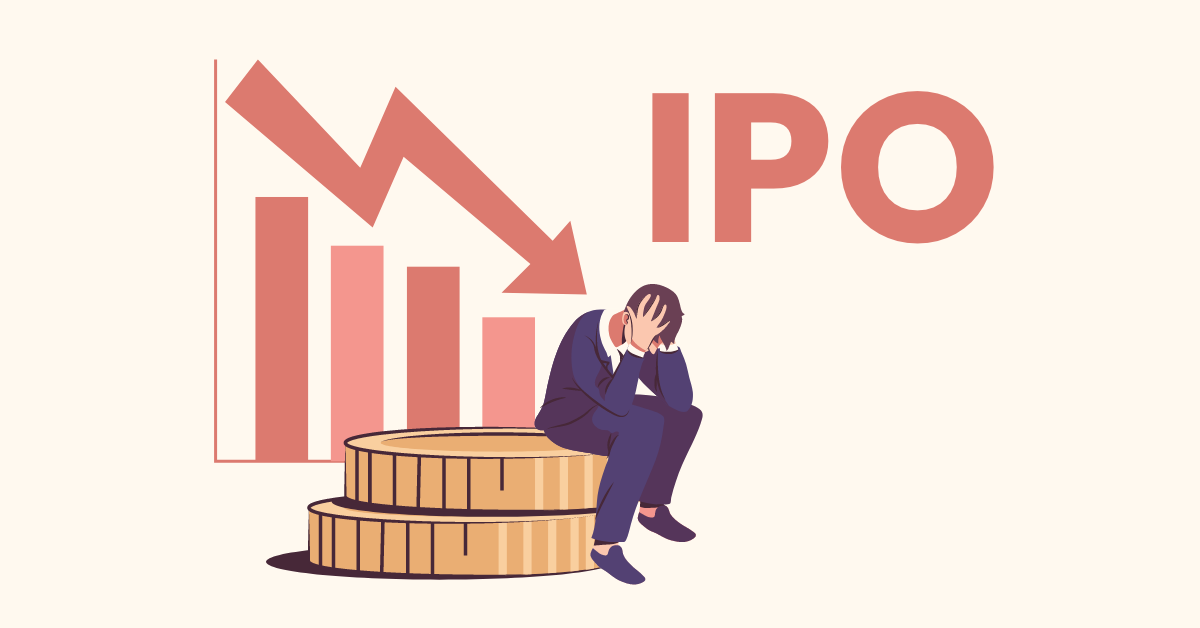When caught in the middle of a storm, we often seek safe places we can rest; we seek safe-havens. When it comes to investing, some assets are considered to be safe-havens. When most businesses are struggling, safe-haven assets might help you protect your investments. This article explores the meaning of safe-haven assets and some examples of safe-haven assets.
What are safe-haven assets?
Safe-haven assets are assets that are expected to retain value or gain value during economic downturns. A safe-haven asset might not give impressive returns during normalcy but tend to outperform other assets during market corrections.
What are some safe-haven assets?
1. Gold
Gold is probably the most talked about example of a safe-haven asset. Gold coins were one of the earliest forms of currency. Historically, it has acted as a reliable store of value. It is used in jewellery, coinage and electronics. We see investors flocking to buy gold during economic turmoil, market turmoil, and high inflation. This is why gold prices rise during crises, making gold a safe-haven investment.
In addition to investing directly in physical gold, you can also invest in gold mutual funds, ETFs and sovereign gold bonds.
Gold mutual funds invest in gold ETFs. Gold ETFs invest in 99.9% 24K gold. So if an investor has a Demat account, they might be better off investing in gold ETFs as they only need to pay management fees for the ETF, not the mutual fund.
Sovereign gold bonds invest in 999 purity gold and do not attract capital gains tax if invested in by individuals. Additionally, sovereign gold bonds pay a fixed rate of interest. There is a cap on how much a single investor can own.
2. Government Securities
Since debt payments are prioritised by companies over dividends, one might think corporate bonds might be safe. But, if a business is not doing well, it might default on its debt obligations. Governments, on the other, rarely default on their debt. So, government securities, which are debt instruments issued by the government, can be called safe-haven bonds.
Unless a government’s position worsens extremely, government securities are not expected to lose value. This is why investors flock to government securities during crises.
Long-term government securities provide investors with interest income. Short-term government securities are issued at a discount and redeemed at par, allowing investors to make capital gains.
3. Safe-haven currencies
In 2022, the markets have been volatile due to Russia’s invasion of Ukraine and high inflation, triggering interest rate hikes. At the same time, we saw the US dollar strengthen compared to almost all other currencies. This is because the US central bank was expected to raise interest rates, making US bonds more attractive.
Currencies like the US dollar that appreciate or retain value during times of crisis are called safe-haven currencies. A currency’s safe-haven status could be because of its use in international trade or a strong domestic banking system.
Other currencies considered to be safe-haven assets include the Swiss franc and the Japanese yen. Investments in safe-haven currencies other than the US dollar can act as a hedge against recessions in the US economy.
4. Defensive stocks
Stocks seem like the unlikeliest safe-haven investments, as there are no guaranteed returns. While that may be true, some stocks tend to do better than others in crises. The demand for some products doesn’t drop during economic crises. Such products include consumer staples, food and beverages, healthcare and utilities. Stocks of companies that produce such goods and services are called defensive stocks.
Defensive stocks tend to do better than others during recessions. The demand for utilities and food would not be affected by income expectations. But, the demand for real estate or luxury goods would drop if consumers are unsure if they can maintain their current income level.
Final Thoughts
Although safe-haven assets are not expected to lose value during a crisis, exceptions may occur. Government securities are considered to be one of the safest investments. Still, there have been cases where governments have failed to pay back their debt. One such event unfolded in 2009 as the European debt crisis.
To protect your investments against a crisis, allocating
your funds randomly to safe-haven assets is not enough.
One needs to understand what kind of crisis is occurring
and choose an appropriate safe-haven asset to invest
in.
Market conditions making you look for safer
investment options? At
WealthDesk, you can
find
WealthBaskets
that follow strategies meant to lower the risk exposure
of the investors. WealthBaskets are combinations of
stocks and ETFs built by SEBI-registered professionals.
FAQs
Government securities, debt instruments issued by the government, are considered one of the safest assets. This is because governments rarely default on their debt obligations.
In 2022 when markets are being affected by Russia’s invasion of Ukraine, inflation and the interest rate hikes they cause, the US dollar is proving to be the safest currency.
Stocks are never free of risk, but the demand for some industries is not affected by crises. Such stocks are typically producers of necessity goods and services and are referred to as safe-haven assets.
During a crisis, investing in safe-haven assets, such as gold, government securities, safe-haven currencies, or defensive stocks, might be best.


















